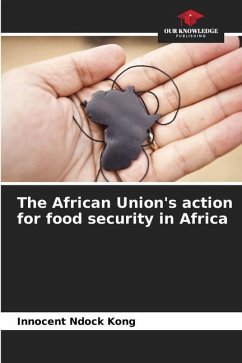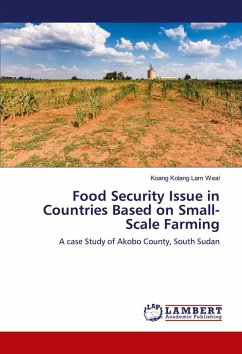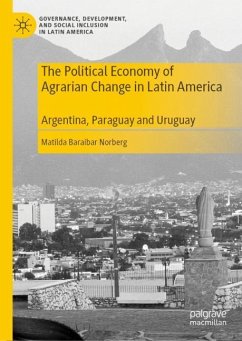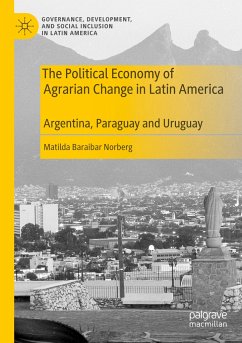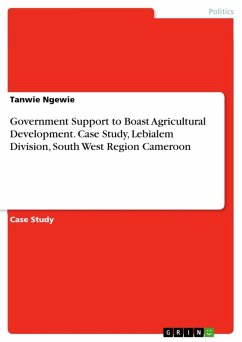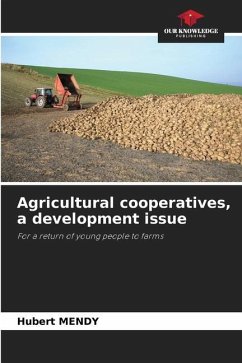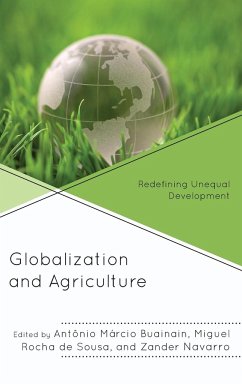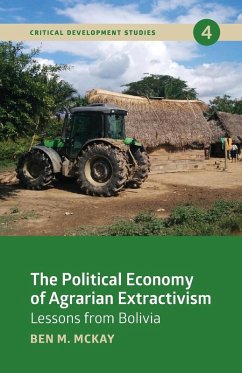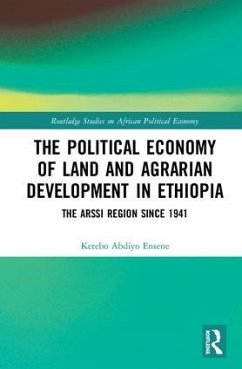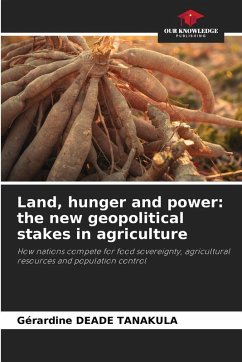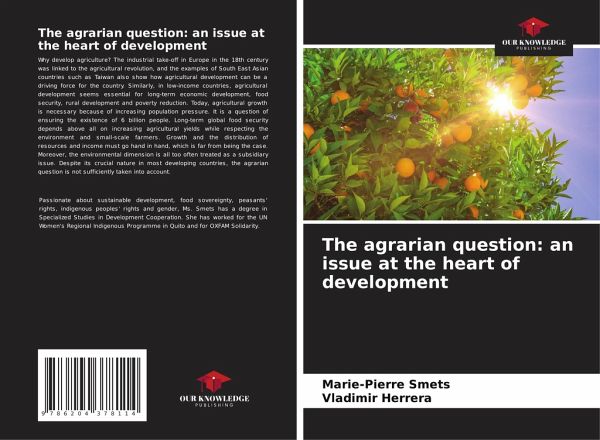
The agrarian question: an issue at the heart of development
Versandkostenfrei!
Versandfertig in 6-10 Tagen
27,99 €
inkl. MwSt.

PAYBACK Punkte
14 °P sammeln!
Why develop agriculture? The industrial take-off in Europe in the 18th century was linked to the agricultural revolution, and the examples of South East Asian countries such as Taiwan also show how agricultural development can be a driving force for the country. Similarly, in low-income countries, agricultural development seems essential for long-term economic development, food security, rural development and poverty reduction. Today, agricultural growth is necessary because of increasing population pressure. It is a question of ensuring the existence of 6 billion people. Long-term global food...
Why develop agriculture? The industrial take-off in Europe in the 18th century was linked to the agricultural revolution, and the examples of South East Asian countries such as Taiwan also show how agricultural development can be a driving force for the country. Similarly, in low-income countries, agricultural development seems essential for long-term economic development, food security, rural development and poverty reduction. Today, agricultural growth is necessary because of increasing population pressure. It is a question of ensuring the existence of 6 billion people. Long-term global food security depends above all on increasing agricultural yields while respecting the environment and small-scale farmers. Growth and the distribution of resources and income must go hand in hand, which is far from being the case. Moreover, the environmental dimension is all too often treated as a subsidiary issue. Despite its crucial nature in most developing countries, the agrarian question is not sufficiently taken into account.



